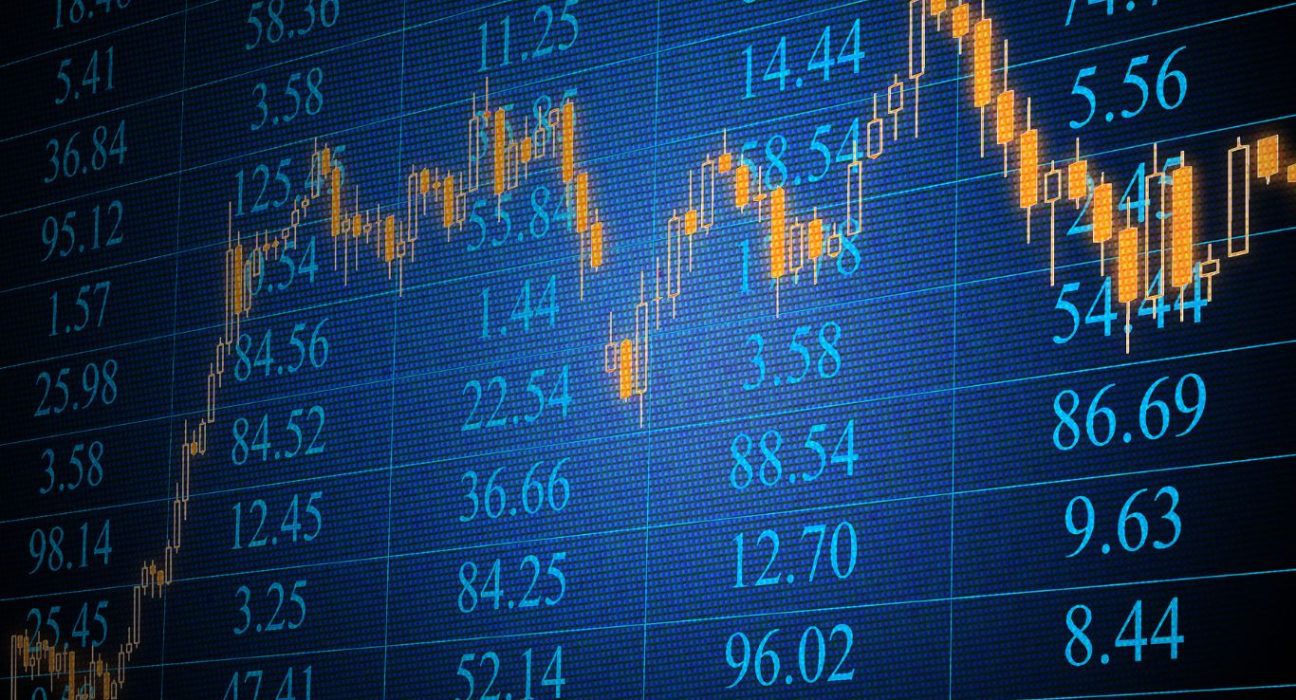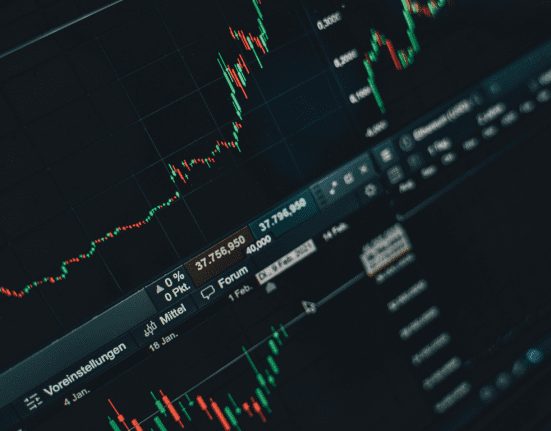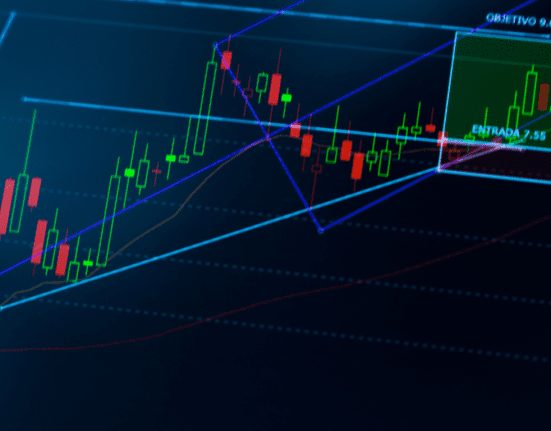Introduction
The stock market offers many trading opportunities, but it can be challenging to determine which trading style suits your personality, goals, and financial situation. Day trading and swing trading are two popular strategies that traders often use to profit from the stock market. In this article, we’ll discuss the key differences between swing trading and day trading and help you decide which strategy is better for you.
What is Swing Trading?
Swing trading is a short-term trading strategy that focuses on holding a position for a few days to a few weeks. Traders use technical analysis to identify trends and patterns in the market and take advantage of price movements. Swing traders look for stocks with strong momentum and seek to capture a portion of that move. They typically use stop-loss orders to manage risk and set profit targets to exit their trades.
What is Day Trading?
Day trading is a trading strategy where traders buy and sell securities within the same day. Day traders aim to profit from small price movements in the market and often use leverage to amplify their gains. They rely heavily on technical analysis to identify short-term trends and patterns in the market. Day traders typically use stop-loss orders to manage their risk and exit their trades if the market moves against them.
The Pros and Cons of Swing Trading
Swing trading has several advantages. Firstly, it allows traders to capture significant price movements and potentially earn substantial profits. Secondly, it offers more flexibility than day trading, as traders can hold their positions for several days or even weeks. Lastly, it requires less time and attention than day trading, as traders do not need to monitor the markets constantly.
However, swing trading also has some drawbacks. Firstly, it requires traders to have a thorough understanding of technical analysis to identify the right stocks to trade. Secondly, traders may experience significant drawdowns if the market moves against them, which could result in significant losses. Lastly, traders may miss out on short-term trading opportunities that are only available to day traders.
The Pros and Cons of Day Trading
Day trading also has several advantages. Firstly, it offers the potential to earn significant profits within a short period. Secondly, day traders can take advantage of short-term trading opportunities that are only available to them. Lastly, day trading provides a high level of excitement and adrenaline rush, which some traders find enjoyable.
However, day trading also has some drawbacks. Firstly, it requires traders to be disciplined and focused, as they need to monitor the markets constantly. Secondly, day trading can be stressful and emotionally challenging, as traders need to make quick decisions under pressure. Lastly, day trading requires a significant amount of capital to be successful.
Which Trading Strategy is Better?
The answer to this question depends on several factors, including your personality, goals, and financial situation. If you have a full-time job and cannot monitor the markets constantly, swing trading may be a better option for you. On the other hand, if you have the time, discipline, and capital to day trade, it may be a better option for you.
In general, swing trading is a more suitable option for beginners and traders who prefer a less stressful and more flexible trading style. Day trading, on the other hand, is more suitable for experienced traders who have the discipline, capital, and emotional stamina to handle the pressure and risks associated with this trading style.
Conclusion
In conclusion, swing trading and day trading are two popular trading strategies that offer different pros and cons. While swing trading offers more flexibility and less stress, day trading provides a high level of excitement and the potential to earn significant profits.










